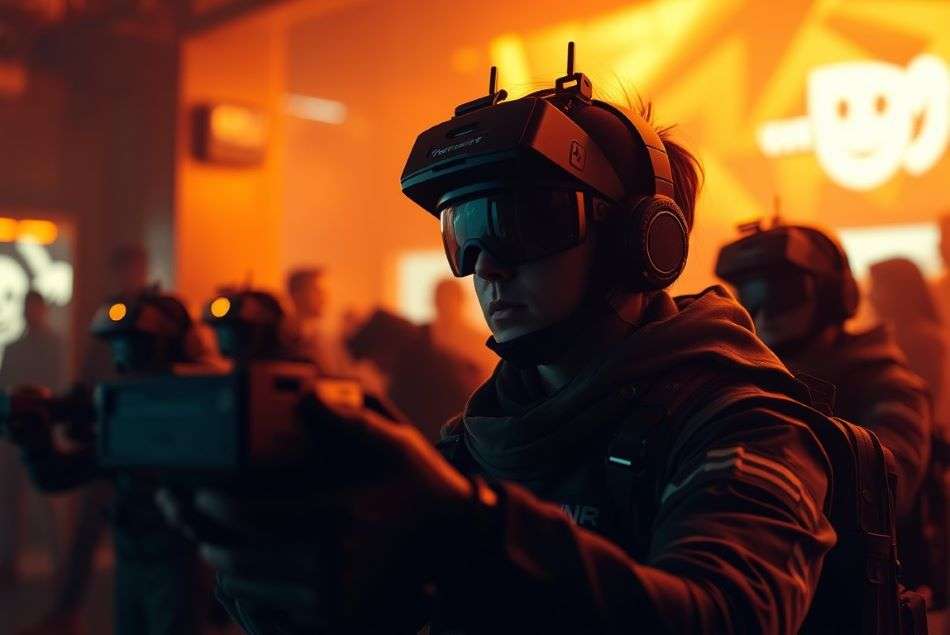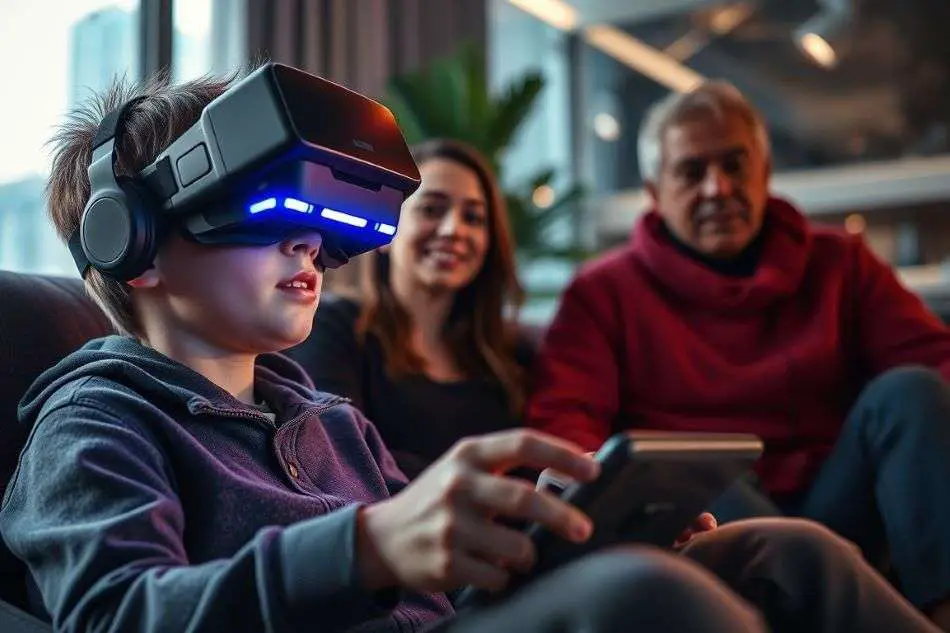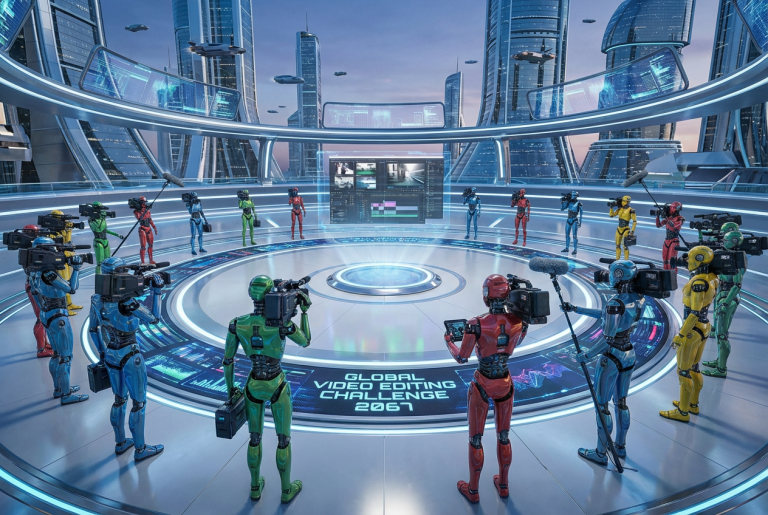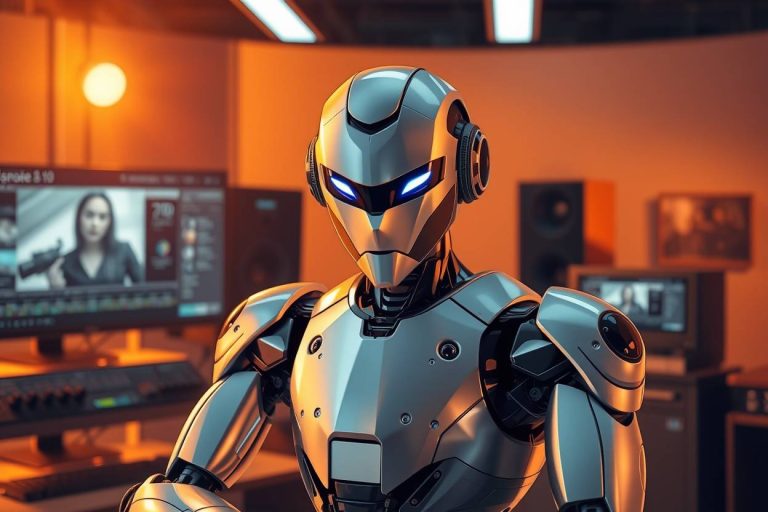How Generative AI could redefine the future of video games?

Generative AI for video games is getting into the main stream and scale adoption. From automating game design to creating more immersive experiences, this technology is changing in real time how video games are made and played across the world.
However, its rise also brings challenges, like legal and ethical concerns, that developers and stakeholders must navigate. Here’s how generative AI is poised to redefine gaming while reshaping the industry’s landscape.
Where Gen AI is taking gaming next?
Key Takeaways
- Faster Creation Generative AI speeds up content generation, letting developers focus on storytelling.
- Immersive Worlds AI-driven environments and characters adapt to player choices, making each game unique.
- Legal Hurdles Intellectual property rights and addictive elements must be managed responsibly.
- Changing Workforce AI is automating roles yet creating new positions like AI ethicists and supervisors.
- Human Insight Despite automation, creativity and emotional intelligence remain vital in game design.
AI-Powered Content Creation
Generative AI can streamline game development by automating repetitive tasks, saving developers time and resources. For example, imagine playing a game where the world feels truly alive. Generative AI can create vast and detailed environments, allowing developers to focus more on storytelling and gameplay, providing players with a more immersive experience.
This means every play-through could feel unique and unpredictable. AI is also being used to enhance character interactions. Studios can use natural language processing (NLP) to create realistic characters, making dialogues more engaging – imaging having a chat with the big boss at the final level, before starting an epic fight! Moreover, instead of following the same path every time, you could encounter new challenges and unexpected twists. This keeps the game fresh and engaging, even after hours of play.
As AI becomes more capable, the boundaries of creativity in game development are expanding. Imagine interacting with non-playable characters (NPCs) with unique personalities and backstories. They might even learn and adapt to your choices, making each interaction more realistic. Developers are also producing games faster while experimenting with new possibilities that were previously too resource-intensive to explore.
Andreessen Horowitz (a16z), a venture firm, has created a 600 million USD gaming fund dedicated to gaming startups. MIT Technology Review reveals that the firm has already invested in two studios to create AI-based NPCs. According to Jonathan Lai, a senior A16Z official, several studios use image-generating tools like Midjourney to enhance or streamline their work. A 2023 A16Z poll reveals over 85% of studios already use AI in some capacity.
Likewise, over 90% of studios are open to using AI in their development process. Another CEO believes generative AI could help with over half of the game production procedures. Ubisoft, a leading gaming company, uses a large-language model-driven AI tool called Ghostwriter to create repetitive NPC dialogues. The tool generates multiple options from which the developer can select or edit.
Generative AI and Player Experience
Generative AI isn’t just transforming development; it’s also enhancing the player experience. This field has also caught Elon Musk’s attention. Musk shared his plans for starting an AI game studio dubbed xAI to “make games great again.” Subsequently, he inaugurated the company in March 2023. The firm is heavily invested in AI Chatbot Grok, self-driving systems and even robotics.
By tracking player behavior, AI can customize gameplay to particular tastes. For instance, it can adjust the difficulty level to match your skills. It can also create smarter opponents that learn from your tactics and keep you on your toes. This ensures casual players and hardcore gamers enjoy the experience. AI can also create personalized story arcs and challenges based on your choices.
Imagine a game where the narrative adapts entirely to how you play—no two players will have the same storyline. This personalization makes games more immersive and rewarding. Moreover, AI-driven features can improve accessibility. For example, it can simplify controls or provide real-time assistance to players with disabilities, making gaming more inclusive.
Legal and ethical challenges in AI-powered gaming

As promising as generative AI is, it raises several legal and ethical questions. One pressing issue is the impact of gaming on mental health, particularly among younger audiences. Older generations already frown upon video games, and for good reason. Torhoerman Law reveals various leading gaming companies are under investigation for deliberately making their video games addictive.
Developers face criticism as generative AI could enhance the desirable elements of video games, such as real-time rewards and personalized challenges. For example, recent legal cases, including the video game addiction lawsuit, highlight concerns about the gaming industry’s responsibility to safeguard minor players’ well-being. AI-driven features can amplify compulsive behaviors, making games harder to put down.
This raises questions about how much influence developers should have over players’ habits. Addressing these concerns will require stricter regulations and ethical guidelines for using AI in gaming. Additionally, intellectual property disputes remain a significant challenge.
Developers must ensure that AI-generated content does not infringe on existing works, as even unintentional similarities can lead to disputes. Developers should implement safeguards to ensure AI outputs don’t infringe on existing works. Safeguarding creative integrity will be critical to avoiding legal complications.
Another concern is using AI to replicate human voices and likenesses. While this technology offers cost-saving benefits, it has also sparked debates about consent and fair use. NBC News revealed earlier this year that voice actors and other creative professionals protested against using AI to mimic performances without proper agreements. The Screen Actors Guild-American Federation of Television and Radio Artists, or SAG-AFTRA, has been haggling with key gaming firms for over a year.
The group includes over 150,000 actors and is up against a consortium of several major video game companies. These firms include Activision Productions, Disney Character Voices, Electronic Arts, WB Games, and countless others. These concerns highlight the need for stricter regulations to protect creators and contributors in the gaming industry.
The future of gaming jobs in the AI era
Generative AI is changing how games are developed and reshaping the workforce behind them. Traditional roles like manual coding and environment design are being augmented or replaced by AI-driven processes. Earlier this year, Google DeepMind tuned its new AI, Genie, using 30,000 hours of selective gaming recordings of simple Nintendo games.
Singularity Hub reveals that this AI can now play and create new games. The notable part about this is that its training didn’t require labeling. This means that it learned to associate input prompts with in-game actions simply by consuming the footage. Even more impressive is that this model is still in early development. However, this tech has people worrying about their jobs.
Developers, testers, and creative professionals in the gaming industry believe AI will change their roles. Still, this shift also opens new opportunities. Developers are now focusing on supervising AI systems and fine-tuning the creative aspects of games. Similarly, roles like AI ethicists, who ensure that generative AI is used responsibly, are becoming essential in the industry.
Despite fear of job loss, the gaming industry is finding ways to adapt. As AI takes over repetitive tasks, human creativity and oversight remain irreplaceable. This balance between automation and human involvement is crucial for the industry’s evolution, according to Hermen Hulst, CEO of PlayStation Studios.
Will AI replace human game developers?
It’s unlikely AI will completely replace human game developers. While AI excels at automating tasks and generating content, it lacks the human touch. Human creativity, storytelling, and emotional intelligence remain crucial for crafting truly engaging and meaningful game experiences.
How is AI changing the role of game testers?
AI tools now handle basic bug detection and performance testing, letting human testers focus on complex gameplay elements and user experience. They work alongside AI to evaluate emotional impact, narrative coherence, and overall game feel rather than technical issues.
Will AI make video games more expensive?
Not necessarily. While AI tools require initial investment, they can reduce long-term development costs by automating repetitive tasks. This efficiency often leads to faster development cycles, potentially making games more affordable for studios.
The steps forward
Generative AI is undoubtedly revolutionizing the gaming industry. These changes will affect how you play games. Expect more responsive game worlds and unique experiences. AI will help create games that feel alive and react to your choices. Remember that human imagination remains essential to video game production.
The best games will combine AI efficiency with human imagination. This balance will shape the next generation of video games. Keep an eye on these developments. They’ll influence the games you’ll play in the coming years. The future of gaming looks more interactive and personalized than ever.




